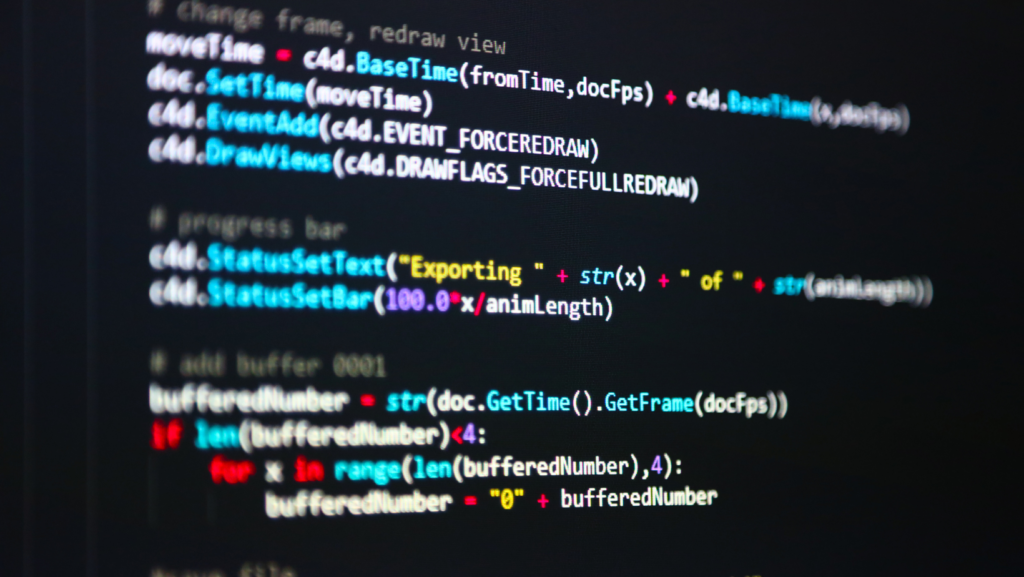Imagine creating your own world, characters, and storylines. That’s the power of game development! And when it comes to game development, Python is a language that’s making waves. Known for its simplicity and readability, Python is fast becoming the go-to language for budding game developers.
Python Game Development
Why Choose Python for Game Development?

Python excels in game development because of its simplicity, flexibility, and powerful libraries. It makes complex programming tasks easier, making it suitable even for beginners. Python’s shorter development time compared to other languages, cuts the cost drastically — a welcoming aspect for any game developer.
Python boasts a robust set of libraries, perfecting it for game development. Pygame, a prime library, is perfect for 2D games, while Pyglet and Panda3D serve complex 3D game needs. PyOpenGL, another noteworthy library, handles interactive 2D and 3D graphics, an essential in contemporary gaming.
Setting Up Your Development Environment
Installing Python and Pygame
In the developer’s toolbox, Python and Pygame form essential components. Python, a versatile language, is freely available from the official website. Harnessing the power of this language, Pygame, a library dedicated to 2D game creation, is downloadable as a package from PyPI—Python’s official third-party software repository.
To enhance further your game development endeavor, consider broadening your toolset. An Integrated Development Environment (IDE), such as PyCharm or Atom, facilitates code editing, and debug tasks, making it invaluable. Additionally, for handling graphical assets, versatile software like GIMP and Blender is highly beneficial.
Creating Your First Python Game
Planning the Game Design
Before coding, a wise first step includes drafting a clear game design. This blueprint defines the gameplay mechanics, visual style, and levels. For instance, a puzzle game involves guidelines on how pieces interact and score addition.
Coding the Basics: Loop, Events, and Graphics

Game development commences with establishing the game loop – managing events and rendering graphics. For instance, in a snake game, the loop checks if the snake hits the boundary or eats the fruit, updating the score and graphics accordingly.
A game gets more enticing when it’s interactive and incorporates immersive sound. Use the Pygame mixer module to include sound effects and background music. Interaction ranges from accepting user inputs for moving characters to triggering certain events, like popping a balloon when clicked.
Advanced Python Game Development Techniques
To create highly sophisticated and immersive games, advanced Python techniques become paramount. These techniques supplement the basic knowledge already addressed and increase the game’s complexity and player engagement level.
Using Artificial Intelligence in Python Games
Artificial Intelligence (AI) revolutionizes game complexity and adaptability. Python libraries such as TensorFlow or PyTorch enable the creation of AI elements. For instance, developers might employ AI to design challenging opponents that learn and adapt to players’ strategies.
Networking for Multiplayer Games
Online multiplayer games are massive draws for players. Leveraging Python’s socket programming, developers create networks that foster real-time interaction. Say, for example, a games wherein player movements are smoothly replicated across the network, enhancing the multiplayer experience.
Resources for Learning More
Online Courses/Tutorials & Community Forums and Support

Online resources offer an abundant wellspring of knowledge, presenting efficient ways to learn Python game development. Platforms such as Coursera, Udacity, and Codecademy host expert-led courses, covering basics and advanced techniques.
Community forums like Stack Overflow and Python’s official forums act as vital hubs for exchanging knowledge. Users post inquiries, reply with insightful solutions, making them invaluable for overcoming development challenges. Websites like GitHub house numerous Python game development projects, providing practical examples and fostering collaborative learning. These community spaces boast an encouraging environment, providing the learner with swift issue resolution and invaluable insights.
Undeniable Power in Development
Python’s power in game development is undeniable. Its simplicity and flexibility, coupled with potent libraries like Pygame, Pyglet, and PyOpenGL, make it an ideal choice for developers. From setting up a development environment to creating a first game, Python provides a streamlined and efficient path. Advanced techniques such as AI and networking further enhance its capabilities.



